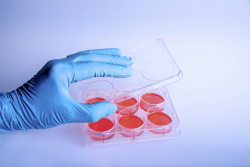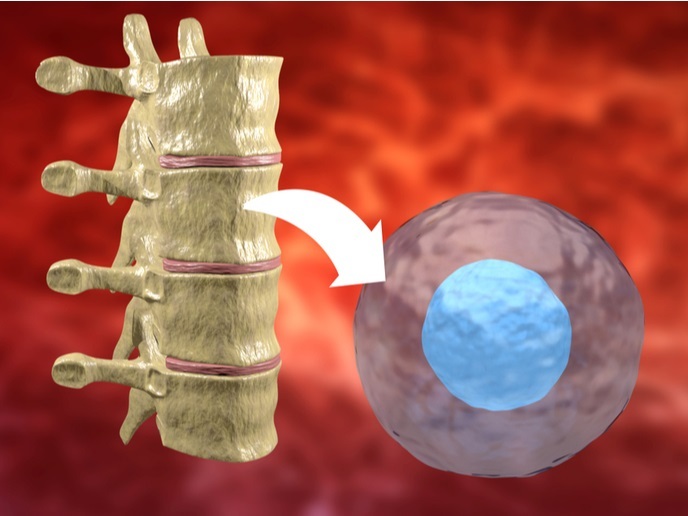Stromal cell hope for diabetes treatment
Characterised by poor blood glucose control, Diabetes Mellitus (DM) can impair functioning of major organ systems such as the heart, eye, kidney and the nervous system. It is considered a global health threat, as worldwide prevalence is expected to rise from 415 million in 2015 to 642 million by 2040. Also, the limited benefits of insulin and sub-optimal management of diabetes-related complications have highlighted the urgent need for better treatment options. Enter Mesenchymal Stromal Cells (MSCs). Recent research findings indicated that MSCs secrete immunomodulatory and angiogenic factors that could be used to repair damaged tissue. The REDDSTAR(opens in new window) (Repair of diabetic damage by stromal cell administration) project was initiated to explore the utility of MSCs for tissue regeneration and repair through pre-clinical studies. They focused on six DM-related complications: retinopathy, nephropathy, cardiomyopathy, neuropathy, impaired bone repair, and wound ulceration. 'This research is important as there is currently no approved therapy capable of simultaneously controlling glycaemia and alleviating one or more of the noted tissue complications,' says project coordinator Prof. Timothy O’ Brien. ‘REDDSTAR represents a unique opportunity to bring together experts in each of these diabetic complications and comprehensively study the response of all six to stem cell therapy.” Researchers addressed several challenges to optimise MSC performance to ensure regulatory-compliant cell therapy products are manufactured. Major success was achieved in this area with the development and validation of the MACSQuant® Tyto™, a user-friendly -automated, disposable consumable, closed multi-colour cell sorter for a variety of cell types. This device demonstrated nearly 100 % purity and has already been patented and commercialised. More details on this product are available on the Miltenyi Biotec website(opens in new window). One of the project partners, Orbsen Therapeutics Ltd. discovered that the antibody Syndecan-2 (also known as CD362) could be used to isolate MSC from human bone marrow with almost 100 % purity. Called ORBCEL-MTM, this new MSC platform technology showed significant beneficial effects in preclinical studies. In different preclinical models, ORBCEL-MTM improved blood glucose control, reduced kidney damage, neuropathy as well as retinopathy and promoted wound healing. In a uni-nephrectomised mouse model of diabetic kidney disease (DKD), ORBCEL-MTM restored kidney function and modulated blood glucose levels. Based on these results, REDDSTAR partners formed new collaborations and initiated the EU-funded project NEPHSTROM(opens in new window) (Novel stromal cell therapy for diabetic kidney disease) in May 2015. This project involves a four-site Phase 1b/2a clinical trial in 48 patients with DKD. REDDSTAR partners were also able to progress to a Phase 1b clinical trial for the treatment of diabetic foot ulcers with ORBCEL-MTM in a collagen scaffold. Already the necessary regulatory and ethical approvals have been obtained and this trial is slated to begin in early 2017. The versatility of ORBCEL-MTM technology for tissue regeneration and repair is reflected by Orbsen Therapeutics Ltd developing this technology for other conditions including acute respiratory distress syndrome, rheumatoid arthritis and inflammatory liver disease. REDDSTAR has paved the way for the implementation of ORBCEL-MTM MSC-based therapies in clinical trials. Positive outcomes would revolutionise clinical management of diabetes and promote further clinical testing to manage non-communicable diseases such as lupus, heart disease, asthma and other conditions. ‘REDDSTAR has generated exciting and novel results, with prospects far beyond the life of the project’ says Prof. O’ Brien. ‘Our findings have the potential to significantly impact the management and treatment of diabetes in the future, with benefits for patients, clinicians, researchers, pharmaceutical companies, health systems and for the general public.’







